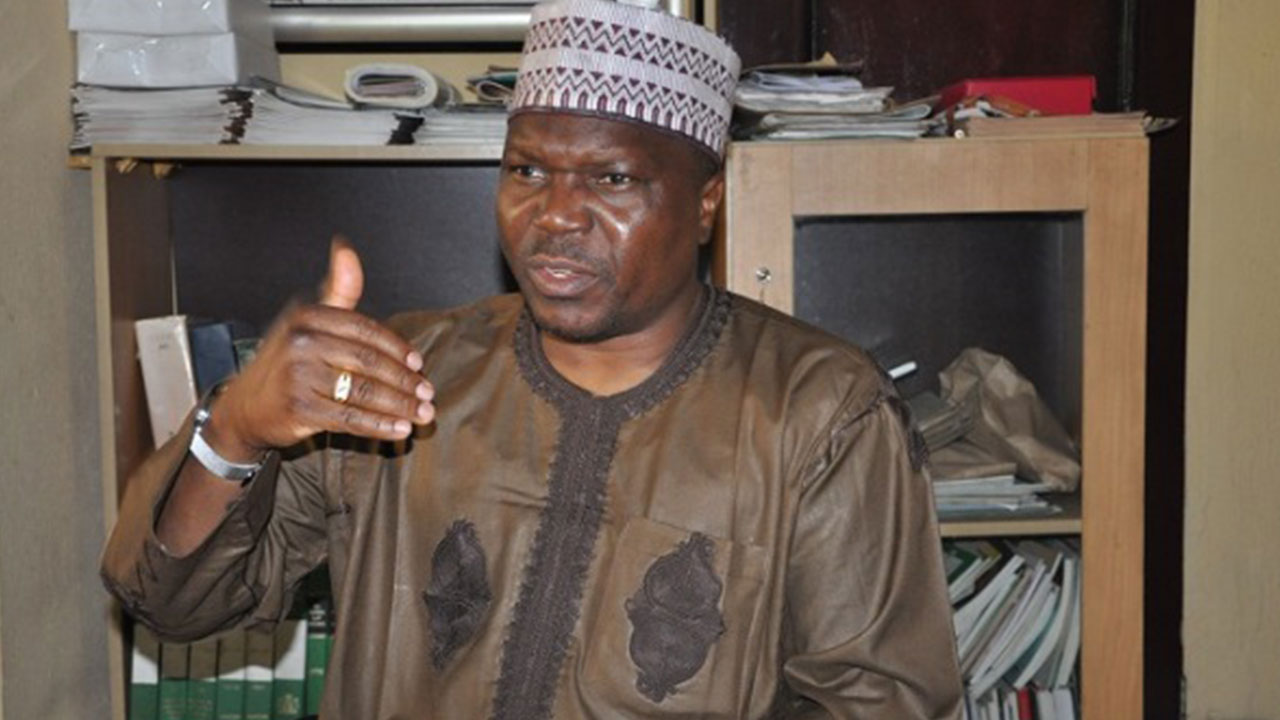
They submitted that expected revenues accruable from such projects will be able to repay the loans without saddling coming generations with irredeemable debt burden.
The stakeholders under the aegis of the Association of Senior Civil Servants of Nigeria (ASCSN), said this during its 2019 National Executive Council (NEC) meeting, held in Abeokuta, Ogun State.
In his address, the Association’s National President, Bobboi Kaigama, who said the debts stock have really affected the country in no small way, further expressed concern that the huge chunk of the annual budget is now set aside for debt servicing.
According to him, this has impacted negatively on Nigeria, as the country is reeking with abandoned projects and dearth of infrastructural facilities.
This, Kaigama said, is also compounded by the fact that it is now increasingly difficult to meet up with servicing the debts.
He recalled that a decade ago when Nigeria exited her huge debt burden, stakeholders blamed for the country’s arrested development and progress at the time.
Thereafter, Nigerians heaved a sigh of relief and looked forward to a new era of accelerated progress and development devoid of heavy burden after the debt forgiveness.
Unfortunately, latest Report from the Debt Management Office (DMO), put Nigeria’s total public debt at $81.27 billion as at the end of March 2019, which Kaigama noted is indeed worrisome.
He said: “According to the DMO, the external debt that stood at $10.32 billion in June 2015, rose to $25 billion by March this year, an increase of $15.3 billion.
“As if that was not enough, Nigeria had just received $3 billion from the World Bank to fix its power sector in addition to $2.4 billion it borrowed from the same bank last year, while over $5 billion is also being sought from China for railway projects.
“The situation at the state level is not different as the domestic debt of the 36 States and the FCT (Abuja) as at the end of March 2019 stood at N3.792 trillion ($10.53 billion) according to the same Report by the DMO,” Kaigama said.
Similarly, former Chairman, Nestle Nigeria Plc., Olusegun Osunkeye, at a forum recently, noted that with the concern on the country’s rising debt profile, cost of debt servicing, given current revenue constraints, submitted that the borrowing has not translated to any meaningful infrastructural development.
According to him, key sectors of the economy such as infrastructure, education and health needed for human development are starved of funds.
Osunkeye, expressed that the need for purposeful leadership for good governance is required by those in power, as they are already toiling the line of least resistant.
Speaking further on the nation’s huge infrastructural deficit, Kaigama, who hinged on infrastructure investment as a crucial driver of economic development, stressed that the quality of infrastructure in any country is a key pillar in the national development agenda.
Highlighting some of its benefit, he said improvements in infrastructure can raise productivity, stimulate private investment, and facilitate domestic and international trade, thereby promoting sustainable growth.
He said access to quality infrastructural services can reduce inequality, foster inclusion and support poverty-reduction efforts.
Despite the Federal Government Economic Recovery and Growth Plan (ERGP), Nigeria still lags behind in infrastructure investment.
“It is therefore clear that without additional intervention, Nigeria’s infrastructure development will not progress, and will also not be able to enhance economic growth and development.
“The time to act with serious sense of responsibility (in the area of infrastructural development) is now, as any further delay will be very dangerous for the continued stability of our dear country, Nigeria,” Kaigama said.



